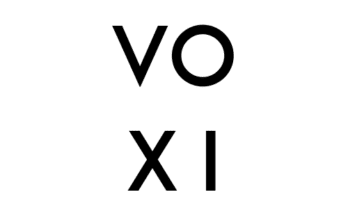
In this article, we will teach you How to Apply For Debt Relief in South Africa. Debt relief can be a great help in financial distress. Since the pandemic, a lot of people in South Africa have found themselves in serious financial debt which has caused many to be depressed. With the option of debt relief, however, many have gained back their sanity and have bounced back to regain control of their finances.
And you may wonder, what is debt relief and how can I benefit from it? Debt review is a legal process every South African can use if they if unable to meet all their financial commitments. Through the debt review process, a registered debt counsellor negotiates with your creditors to reduce your monthly repayment commitments, easing your cash flow and giving you some breathing room.
This debt relief measure has been adopted by several South African banks to assist customers facing serious economic crises facing. To this effect, the Banking Association South Africa (BASA) members have provided both small, medium and large-scale enterprises have received some sort of relief to help cushion the harsh effect of the aftermath of the COVID-19 pandemic.
Although these relief measures may differ between banks, it is still available to customers in good standing, who cannot meet their credit agreement payments in the short term as a result of financial setbacks, and who will most likely be able to meet their obligations again after the relief period. Customer is considered to be in good standing if they are up to date with their previous payments and have a good track record of paying their debts on time. This covers a high percentage of bank customers.
While it is in the best interest of all customers who can afford to meet their liabilities on time to continue to do so, remedies offered by the banks for those in financial distress may include:
- Assistance with processing credit life insurance claims. Credit life insurance policies differ but may cover a period of loan repayments or the outstanding debt in the event of death, disability or retrenchment or loss of income. Banks are communicating with their customers that have credit life insurance and are helping them to initiate a claim, where the policy is linked to the bank’s credit agreement. In many cases, this is the most viable remedy for customers with cover.
- Instalment reduction for a limited period. Interest and fees on loans will still accumulate and will have to be paid by the customer. This may result in an extension of the term of the loan, which could incur higher costs.
- A payment break. Interest and fees on the respective loans will still accumulate and will have to be paid by the customer. This may result in an extension of the term of the loan, which could incur higher costs. Such payment breaks vary from between one and three months – and are provided either pro-actively by the bank or at the request of the customer – depending on their credit risk guidelines.
- The relief measures also apply to Shariah-compliant financial services and products. Customers who are uncertain as to what relief is available for Shariah-compliant products are urged to contact their bank.
- Customers who are already in debt review should contact their debt counsellor who will then motivate a new repayment proposal to the bank, which will be considered case-by-case.
- Small businesses that are already in business rescue should contact their Business Rescue Practitioner (BRP). Banks will deal with these enterprises case-by-case.
How to Apply For Debt Relief in South Africa
To get started, you need to apply for the Debt Relief Bill in South Africa. To achieve this, you will need a letter from your creditor in other to notify them of what you intend to do. Attached to the letter is a copy of your ID and an explanation of why you have chosen this path. Finally, the letter should state that the creditor agrees with this decision and that they will not pursue any action against you.
Read: How to Register a Company in South Africa



